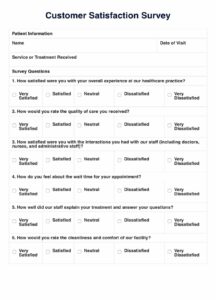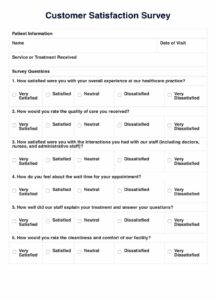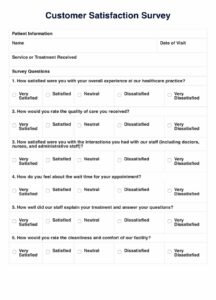In today’s digital age, it’s more important than ever for online shops to have a strong privacy policy in place. A privacy policy outlines how your shop will collect, use, and share customer data. It’s also an essential tool for building trust with customers and complying with data protection laws.
While there is no one-size-fits-all privacy policy template that will work for every online shop, there are some key elements that should be included in any policy. Here are some tips for creating an online shop privacy policy that is both comprehensive and user-friendly:
What Information Do We Collect?
The first step in creating a privacy policy is to identify what information you collect from customers. This can include personal information like names, addresses, and email addresses, as well as non-personal information like browsing history and purchase behavior. You should only collect information that is necessary for the operation of your shop and that you have a legitimate interest in collecting.
Once you have identified the information you collect, you need to explain how you will use it. This could include using it to process orders, send marketing emails, or improve the customer experience. You should also explain how long you will retain the information and how you will protect it from unauthorized access or disclosure.
How Do We Use Your Information?
When it comes to using customer data, transparency is key. Your privacy policy should clearly and concisely explain how you will use the information you collect. This could include using it to:
- Process orders and payments through online shop payment gateway.
- Deliver products and services.
- Send marketing emails and other promotional materials.
- Personalize the shopping experience.
- Improve the customer service and overall user experience of the online shop website.
You should also explain how you will protect customer data from unauthorized access or disclosure. This could include using encryption, firewalls, and other security measures. In addition, you should also include a process for customers to request access to or deletion of their personal information.
Conclusion
By following these tips, you can create an online shop privacy policy that is both comprehensive and user-friendly. This will help you build trust with customers, comply with data protection laws, and protect your business from potential legal liability.
Creating an online shop privacy policy template is an important step in protecting your business and your customers. By following the tips in this article, you can create a policy that is both comprehensive and easy to understand. This will help you build trust with your customers, comply with data protection laws, and avoid potential legal problems.
FAQ
What are some of the most important things to include in an online shop privacy policy?
Some of the most important things to include in an online shop privacy policy are a clear and concise explanation of the information you collect, how you will use it, and how you will protect it.
How often should I update my online shop privacy policy?
You should update your online shop privacy policy whenever you make any changes to the way you collect, use, or share customer data.
What are the consequences of not having an online shop privacy policy?
The consequences of not having an online shop privacy policy can include losing the trust of your customers, legal liability, and damage to your reputation.


